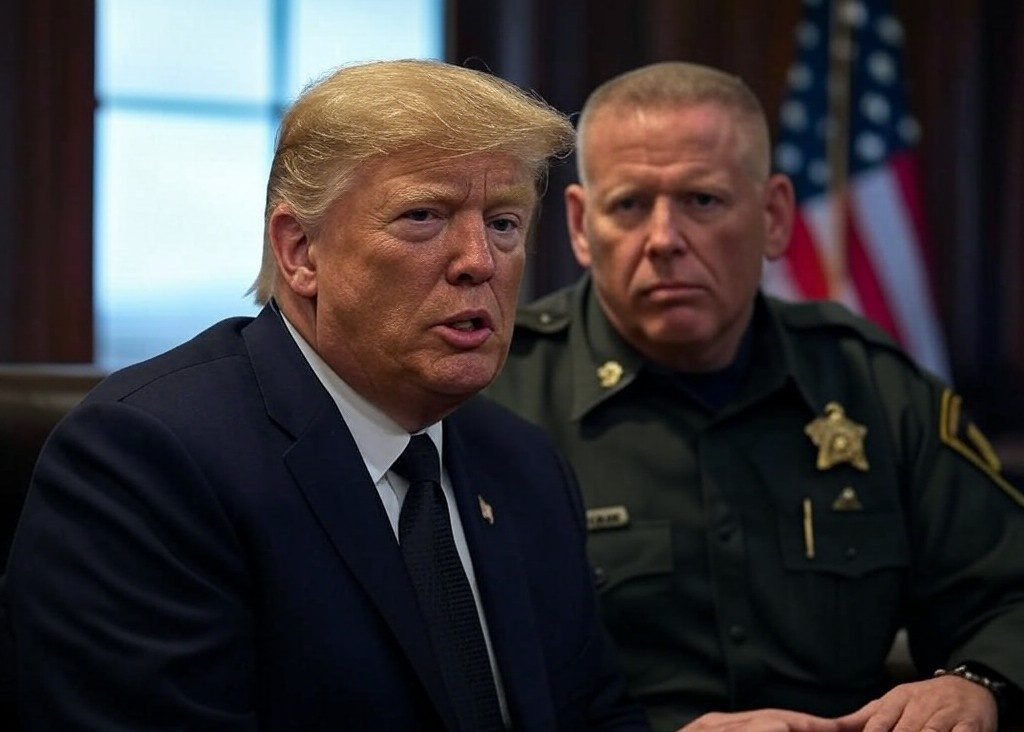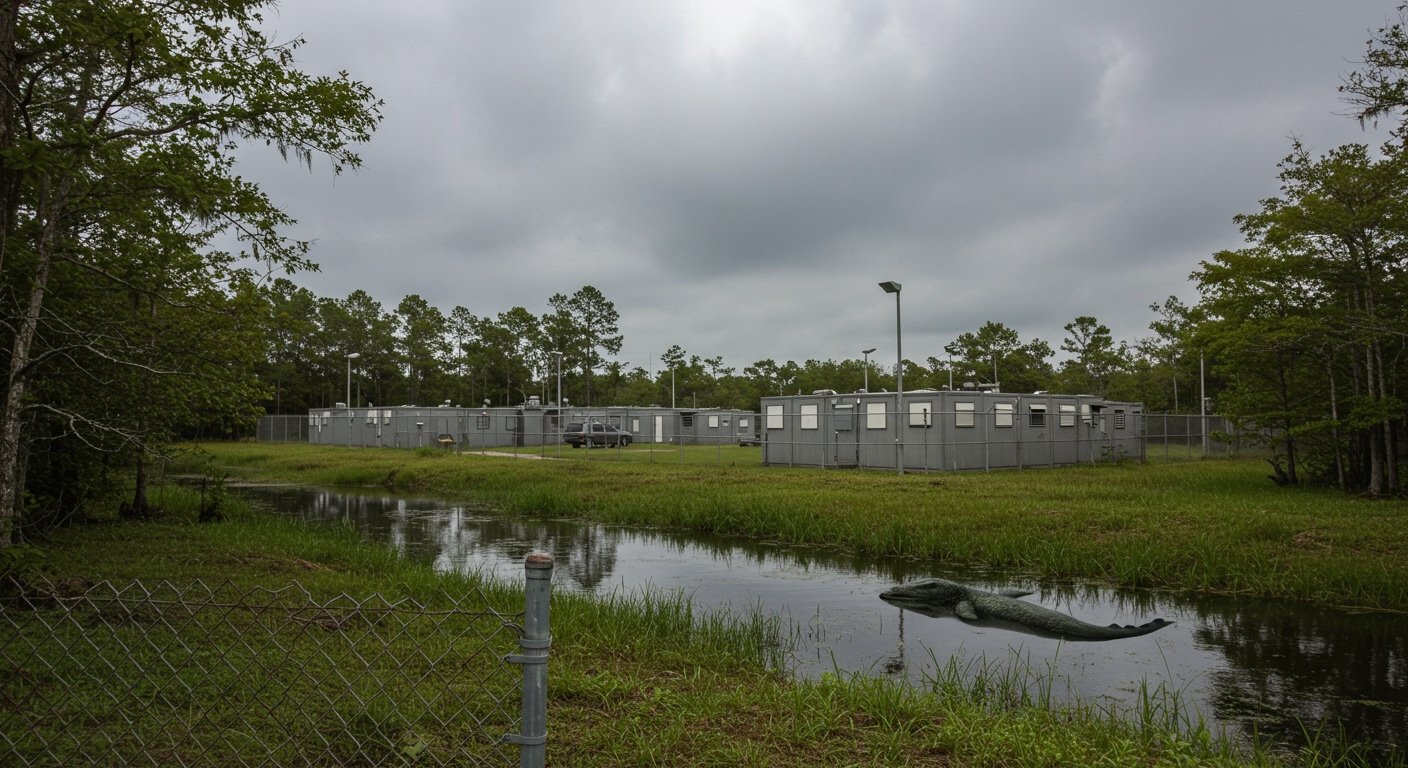Mike Banks: The New Face of Border Security Under Trump
In a significant move that underscores the ongoing challenges and complexities of immigration and border security, Mike Banks, a former Border Patrol agent, has been appointed as a special advisor to Texas Governor Greg Abbott since January 2023. His expertise and hands-on experience make him a pivotal figure in shaping border policy in Texas and potentially at the national level. As discussions intensify around his possible selection to lead the U.S. Border Patrol under President-elect Donald Trump, Banks is poised to play a crucial role in the future of border management and enforcement.
The Role of Mike Banks in Texas Border Security
Mike Banks has been at the forefront of Texas’s aggressive border security strategy, known as Operation Lone Star, which was initiated to tackle the surging challenges related to illegal immigration and drug trafficking across the southern border. His position as the state’s “border czar” is critical, especially given the confrontation between state and federal authorities over immigration enforcement—a responsibility traditionally held by the federal government.
Operation Lone Star has involved extensive deployment of resources, including Department of Public Safety (DPS) troopers and National Guard soldiers, who have been tasked with various border security measures. This includes the installation of concertina wire and the creation of a floating buoy barrier in the Rio Grande River near Eagle Pass, Texas, in an effort to deter illegal crossings. These initiatives have been accompanied by thousands of arrests on charges of criminal trespassing, marking a proactive approach to border enforcement.
Support from Political Leaders
The backing for Mike Banks’s potential appointment to the U.S. Border Patrol is strong among Texas politicians. U.S. Senator John Cornyn, representing Texas, expressed his support, stating, “I know Mike, and I think it’s an inspired choice, and nobody understands the border better than Texans.” His endorsement highlights Banks’s intimate understanding of the complexities that accompany managing the longest border in the United States—a sentiment echoed by many who view local expertise as a vital asset in addressing border issues effectively.
This local perspective is especially significant as the Biden administration navigates its immigration policies. The contrasting approaches between state-led initiatives like Operation Lone Star and federal policies have often led to tension, with state officials advocating for stronger measures in light of perceived federal inaction. As a seasoned border agent, Banks’s insights could bridge this divide, potentially fostering a more collaborative relationship between Texas and federal authorities.
The Broader Implications of Banks’ Appointment
If appointed as the head of the U.S. Border Patrol, Banks would bring his extensive field experience to a role that involves not only overseeing border security operations but also engaging with communities affected by immigration policies. His unique background gives him a comprehensive understanding of the humanitarian aspects of border control, which is often overshadowed by political rhetoric.
Furthermore, Banks’s role could redefine the narrative surrounding immigration enforcement. As he leads efforts at the federal level, his focus on community engagement and cooperation could help address some of the root causes of migration. This approach might include enhancing support for local law enforcement and community organizations that work directly with migrants and border residents.
Challenges Ahead
Despite the potential benefits of Banks’s leadership, challenges abound. The complexities of immigration reform require nuanced approaches that balance security with humanitarian concerns. The ongoing debate over border wall construction, asylum policies, and immigration pathways will test Banks’s ability to navigate the political landscape while implementing effective strategies.
Moreover, the evolving nature of border security means that any strategies employed must be adaptable. Technological advancements, shifts in migration patterns, and changing political climates necessitate a responsive approach to border enforcement. Banks’s experience as a Border Patrol agent could be invaluable in crafting solutions that are both practical and forward-thinking.
Conclusion
Mike Banks’s anticipated ascent to a prominent role in border security, whether as a special advisor to Governor Abbott or as the head of the U.S. Border Patrol, represents a significant shift in how border issues are approached at both the state and federal levels. His insights and expertise, shaped by years of experience on the front lines, will be crucial in navigating the complexities of immigration and border management in a rapidly changing political environment.
As the nation grapples with the pressing challenges of border security, the importance of knowledgeable leadership cannot be overstated. Mike Banks’s potential contributions could not only reshape policies but also foster a more nuanced conversation about immigration in America, balancing security concerns with the need for compassion and understanding.






